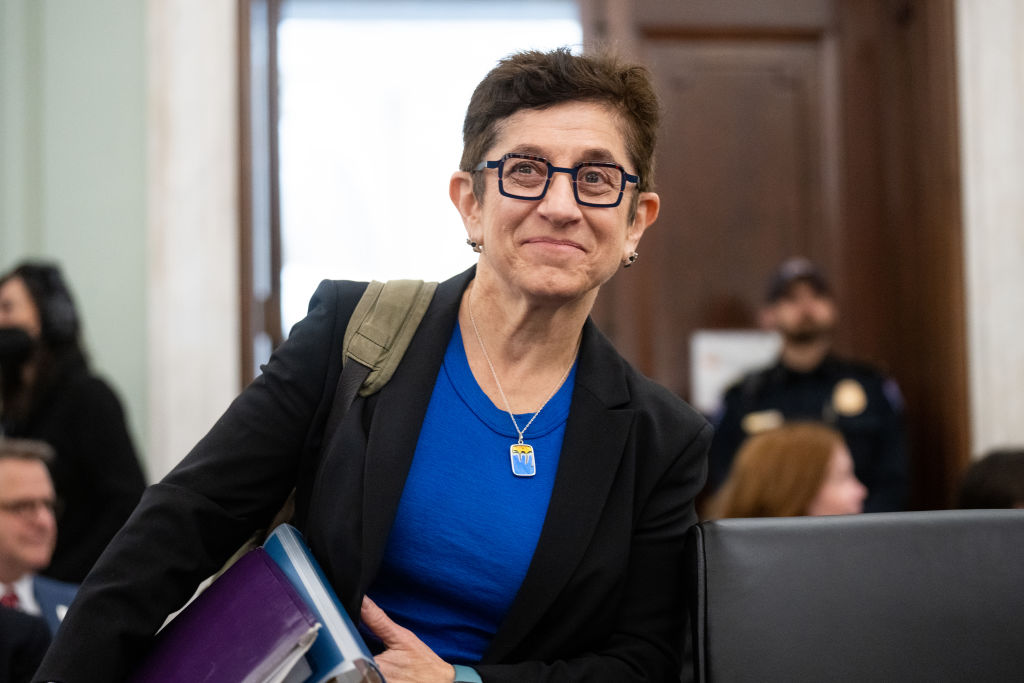
The Biden administration appears to be in no hurry to withdraw the nomination of Gigi Sohn, its first choice for the third Democratic seat on the five-member FCC, or perhaps it was caught somewhat off guard by the need to find a new candidate if it wants to start pursuing a non-bipartisan agenda, one that prominently includes the restoration of network-neutrality rules.
It has been more than two weeks since the embattled Federal Commuications Commission nominee informed the White House she was bowing out. She made that decision after weathering almost two years of withering criticism from conservatives and a campaign by some industry players to keep the progressive Democrat out of that key position.
Also: Sohn to Hill: Industry Should Not Pick Its Regulator
But according to Congress.gov, which tracks all actions on presidential nominees, at deadline Tuesday (March 21) the most recent action was the February 14 hearing for Sohn’s second nomination to the post. Her first nomination expired when she failed to get a Senate vote in the previous Congress.
The Biden administration will need a third Democrat on the FCC if the commission is to tackle partisan issues like restoring network neutrality rules, re-regulating broadcasters, or reforming the Universal Service Fund that subsidizes advanced communications to needy populations.
In a note to financial types, former top FCC official Blair Levin, now a media analyst, said a growing list of people apparently interested in the open seat suggests it would be a fair assumption that the White House did not have a plan B. “It may be sometime before it selects a new nominee, further delaying the moment when the Democrats obtain an FCC majority,” Levin said.
Given that it took the administration some four months after Sohn was vetted to pull the trigger on her initial nomination, according to someone familiar with that process, it could just be that the bureaucratic wheels are turning with their usual all deliberate speed.
In exiting the field, Sohn said she hoped the president would move swiftly on a new nominee. “[I]t is ironic that the 2-2 FCC will remain sidelined at the most consequential opportunity for broadband in our lifetimes,” she wrote in a statement at the time. “This means that your broadband will be more expensive for lack of competition, minority and underrepresented voices will be marginalized, and your private information will continue to be used and sold at the whim of your broadband provider.” ■







